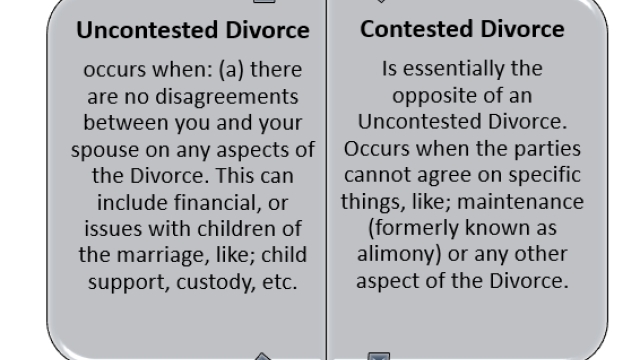
Stepping into the world of immigration law as a paralegal can be both daunting and rewarding. An immigration paralegal’s role is multifaceted, requiring a keen understanding of legal processes, cultural sensitivities, and a commitment to helping individuals navigate the complex pathways to residency and citizenship. Much like their counterparts in divorce and family law, immigration paralegals play a crucial role in assisting clients during some of the most significant and life-changing moments in their lives.
Importance of Understanding Immigration Law
Immigration law is a complex and dynamic area of legal practice that requires a specialized skill set. For immigration paralegals, having a solid understanding of immigration law is crucial in assisting clients effectively. From helping individuals navigate the intricacies of visa applications to supporting families seeking reunification, being knowledgeable about immigration law is essential for providing accurate and timely assistance.
One key aspect of understanding immigration law is being aware of the ever-changing regulations and policies. Immigration laws are constantly evolving, influenced by both domestic and international factors. A skilled immigration paralegal must stay up-to-date with these changes to ensure that their clients receive the most current and relevant advice and support. By staying informed and knowledgeable, paralegals can help clients navigate the complexities of immigration law with confidence.
Additionally, a deep understanding of immigration law enables paralegals to anticipate potential challenges and roadblocks in the immigration process. By being proactive and prepared, paralegals can help clients avoid unnecessary delays or complications in their immigration cases. This proactive approach not only saves time and resources but also contributes to a more positive experience for clients seeking assistance with immigration matters.
Challenges Faced by Paralegals in Immigration Cases
In the realm of immigration law, paralegals encounter a multitude of unique challenges that require adept problem-solving skills. One notable difficulty is navigating the complex and ever-changing regulations governing immigration matters. Due to the intricate nature of immigration law, staying abreast of policy updates and procedural changes is essential to providing accurate and timely assistance to clients.
Another significant challenge faced by immigration paralegals is the emotional toll of working with clients who are often in vulnerable situations. Many individuals seeking immigration assistance may be facing separation from their families or uncertain futures, adding an additional layer of sensitivity and compassion that paralegals must maintain throughout the process. Empathy and understanding play a crucial role in building trust with clients and helping them navigate the complexities of their legal circumstances.
Furthermore, the intersection of immigration law with other legal areas such as family law and divorce can present additional challenges for paralegals. Coordinating efforts and information across different legal disciplines requires a high level of organization and attention to detail to ensure that all aspects of a client’s case are properly addressed. The ability to effectively communicate with clients, attorneys, and external agencies is paramount in successfully managing the intricacies of immigration cases that involve multiple legal dimensions.
Navigating the Complexities of Family Law Immigration Cases
Immigration paralegals involved in family law cases must possess a deep understanding of the intricate nuances that come into play when dealing with immigration matters within a family law context. A marriage-based green card, for example, involves navigating both Family Law and Immigration Law components, requiring meticulous attention to detail and a keen awareness of the legal requirements of both fields.
Divorce Paralegal
One key aspect of family law immigration cases is the complex intersection of legal frameworks from different jurisdictions. Immigration paralegals often find themselves liaising with family law attorneys to ensure that all aspects of the case are thoroughly reviewed and addressed. From analyzing divorce decrees to assessing custody agreements, a family law immigration case demands a comprehensive approach to encompass all relevant legal considerations.
Effective communication is paramount in family law immigration cases to ensure seamless coordination between the different parties involved. Immigration paralegals play a crucial role in facilitating clear and concise communication between clients, attorneys, court officials, and government agencies. By maintaining open lines of communication and providing timely updates, paralegals help streamline the process and mitigate potential challenges that may arise during the course of the case.
